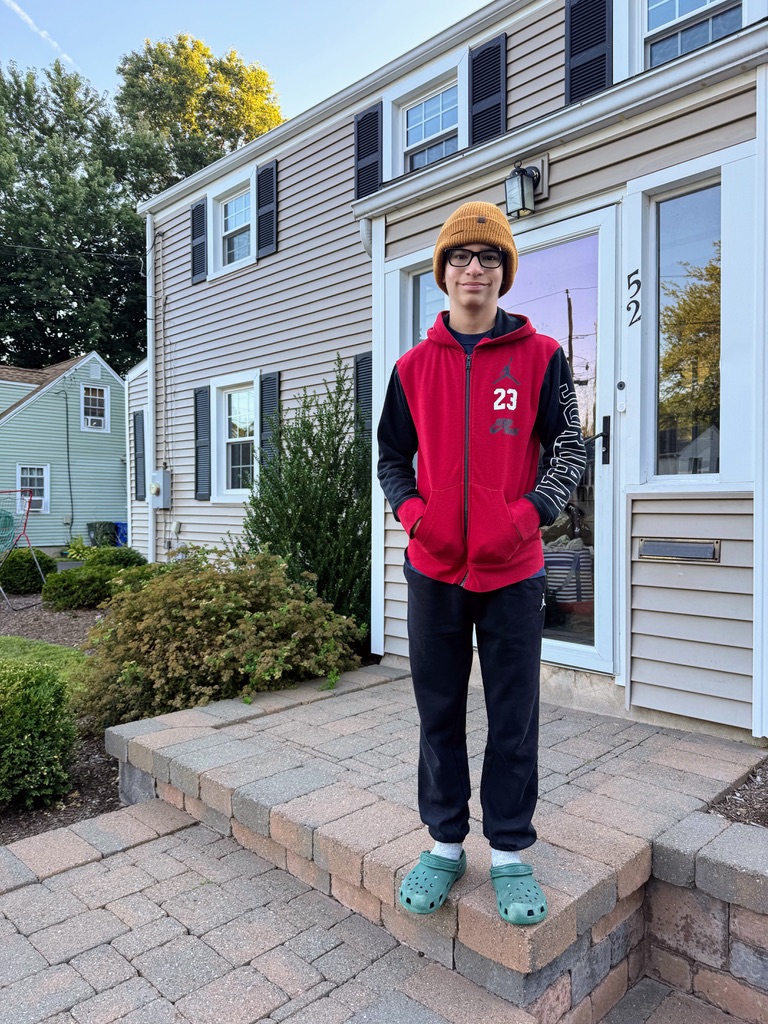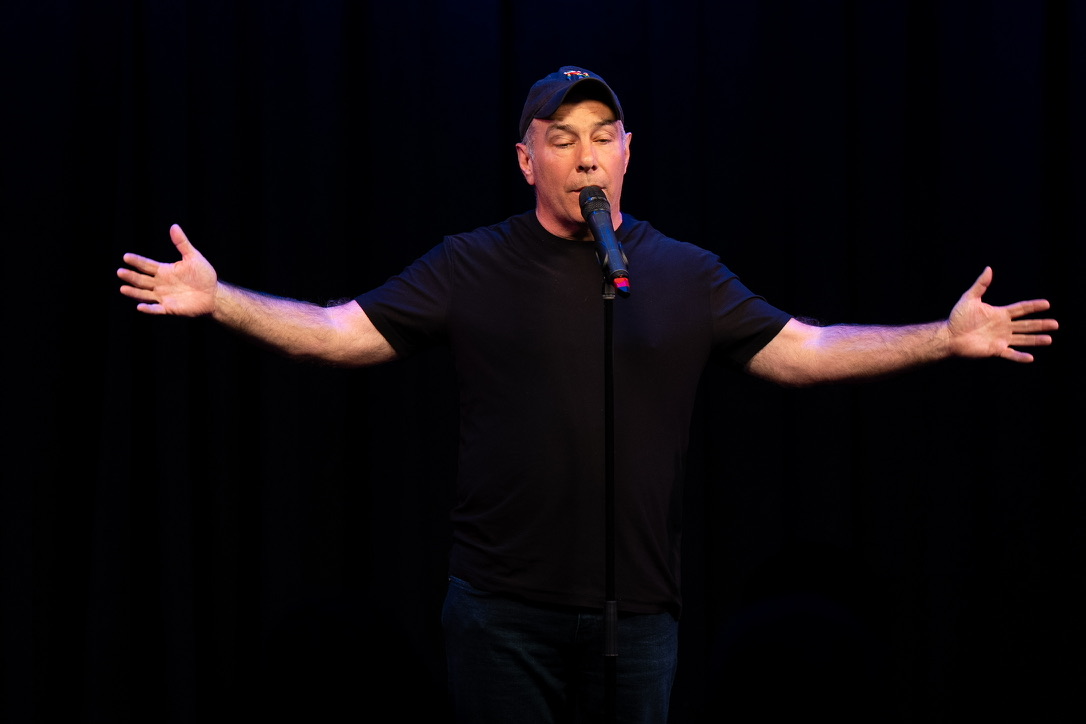I was teaching math to my third grade students when my classroom phone rang around 9:00. It was my ex-wife, calling to tell me that a plane had hit the Word Trade Center. She said that it was likely a commuter plane, but if I had some free time, I might want to turn on the news.
“All the networks are covering the story,” she said.
It was 2001, and I did not own a cell phone. Though the Internet was up and running, it was not nearly as ubiquitous as it is today. In those days, once a teacher entered a school, he or she was often encased in a protective bubble, unaware of outside events until the school day ended. No televisions. No radios. No smart phones. And little time for phone calls. The outside world did not exist while we were teaching. As a result, my ex-wife would occasionally call me with breaking news, giving me a chance to step away at lunchtime to catch up on world events.
I hung up the phone and continued teaching, wondering how a pilot could accidentally fly into one of the largest buildings in the world.
“What an idiot,” I remembering whispering aloud as I returned to my lesson.
Ten minutes later she called back. “Another plane hit the second tower. It’s an attack.”
I hung up the phone and turned to my students, who were still busy solving math problems. I had to smile and continue to teach them, knowing that something terrible was happening outside the walls of our school. As I spoke about subtraction with regrouping, I tried to imagine what was happening in New York City.
At 9:30 I dropped my students off in the basement music room for vocal music class, pulling their teacher aside and whispering, “Two planes have crashed into the World Trade Center. It’s a terrorist attack.”
I headed for the principal’s office to see if he even knew that the attacks were taking place. A small television had been moved onto his desk. He and several others were watching the events unfold. We watched the towers burn together in near silence.
A couple minutes later news came that The Pentagon had been hit. There was discussion that this might be the tip of the iceberg, the first in a long series of terrorist attacks. There was speculation that there could be more planes, many more planes, flying at many more targets around the country. We listened to new anchors report on the casualties and speculate on the numbers still awaiting to die in the towers.
Someone in the office said, “We’re at war.”
Anger and fear seeped from our pores.
Just before 10:00, we watched the south tower fall. I couldn’t believe my eyes. I remember thinking that it was as if the tower had been built of ash and bone. There were several people in the office at the time, and at least two uttered quiet screams as the tower collapsed.
A minute after it fell, I left to pick up my students. I walked to the basement stairs, feeling saddled with momentous and awful information that I could not share with my kids. Did not want to share with them. I remember thinking that I would try to make this school day as normal and happy for them as possible, knowing that the world was changing before our eyes.
I remember envying them, too, thinking about how fortunate they were to have one more day of peace and normalcy than the rest of us. I decided that I would build a protective cocoon around them that day, making sure that whatever we did was normal and fun and spirited and full of laughter.
I wanted this last day for them to be the best it could possibly be.
Parents began coming in to pick up their children as news spread, but only a few left my class early that day. Most of us remained together, learning and laughing as buildings burned and people died. As their parents took them by the hand and led them out the classroom door, I felt sorry for them, knowing that they were returning to the real world where planes fly into buildings and mighty towers collapse onto city streets.
I remember thinking that nothing would ever be the same for them. The safety and security that infused my childhood would no longer exist for them. Their country had been attacked. Civilians had been killed and buildings had been knocked down by our enemies. Our borders would never feel quite as secure as they once had.
I wondered if Americans felt the same following the attack on Pearl Harbor.
In many ways, the world did not change as much as I had feared, at least for my students. America went to war, terrorists continued to threaten our safety, and civil liberties eroded under the threat of more attacks. It’s a very different world today, but my students remain as happy and as enthusiastic about the future as ever. The students who I teach today view 9/11 as a history lesson, something that happened before their time. And while the ramifications of the attacks will continue to impact their lives for years to come, their childhood remains blissfully intact for the most part.
Like those kids who I was teaching on the morning of September 11, 2001, these children see the future as full of hope and promise.
I love them for it.



